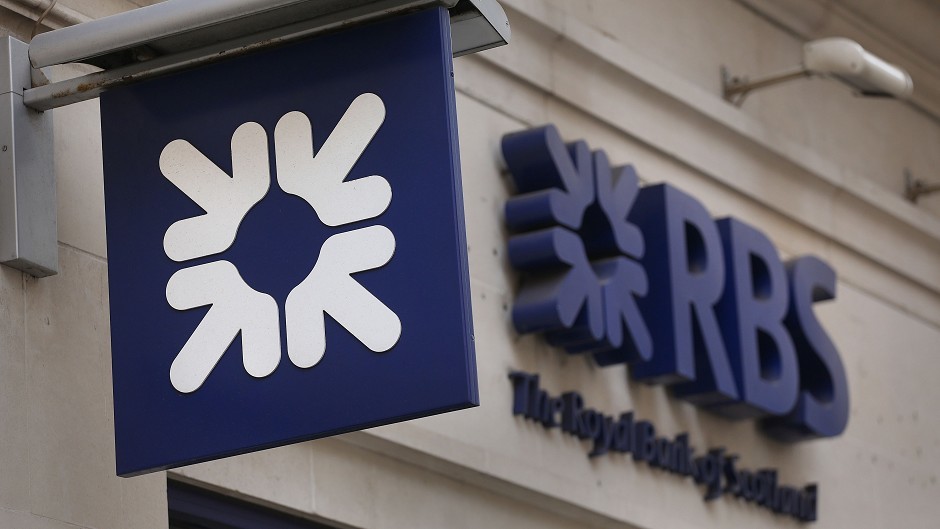Scottish bank workers who were forced to keep vegetables on their desks until they won new business highlight a “toxic culture” in the industry that will take a generation to fix, a financial services think-tank says.
Britain’s banks have been hit by a string of costly scandals, including the mis-selling of loan insurance and complex interest-rate hedging products, which have landed then with fined totalling £38.5billion over the past 15 years.
A report on the culture of retail banking by think tank New City Agenda (NCA), in association with London’s Cass Business School, says aggressive sales practices took hold over two decades.
Some branch staff got used to receiving cash bonuses, iPods or even tickets to the Wimbledon tennis tournament for hitting sales targets, it adds.
Others who missed their bonuses were presented with cabbages, while staff at Bank of Scotland branches in Glasgow and Paisley had these and other vegetables placed on their desks in public view until they opened an account.
In their preface to the report, NCA chairman Lord McFall of Alcluith, a former chairman of the House of Commons Treasury select committee, and directors David Davis MP and Lord Sharkey say: “It is obvious to us that in the last few years banks have finally started to reform their cultures and practices.
“Every major bank we talked to not only acknowledged the toxicity of previous working cultures but had programmes in place to ensure their business treated customers fairly.
“Encouragingly, we also found among challenger banks a real willingness to avoid the kind of mistakes made by their more established competitors; a desire which was often reflected in their policies, controls, and structures.”
But they add: “It is equally clear that this journey towards a healthier culture is nowhere near complete.
“A toxic culture decades in the making will take a generation to clean up. Some frontline staff told us they still feel under significant pressure to sell. Complaints continue to rise and trust remains extremely low.
“Most of the people we talked to believed that real change, and as a consequence the better treatment of customers, will take some time to achieve.”
The report says the Banking Standards Review Council, the new body charged with promoting high standards in the industry, is a “unique opportunity” for improvement.
It adds: “We believe it should survey front line staff, and report its overall findings to the Treasury select committee on a annual basis.
“We hope that by 2019, the date by which Britain’s largest banks must ring-fence their retail and wholesale operations, most of the drivers of poor culture have been addressed.
“If that is to happen, and public trust regained, a great deal of work remains to be done by those attempting to bring about such a transformation.”
